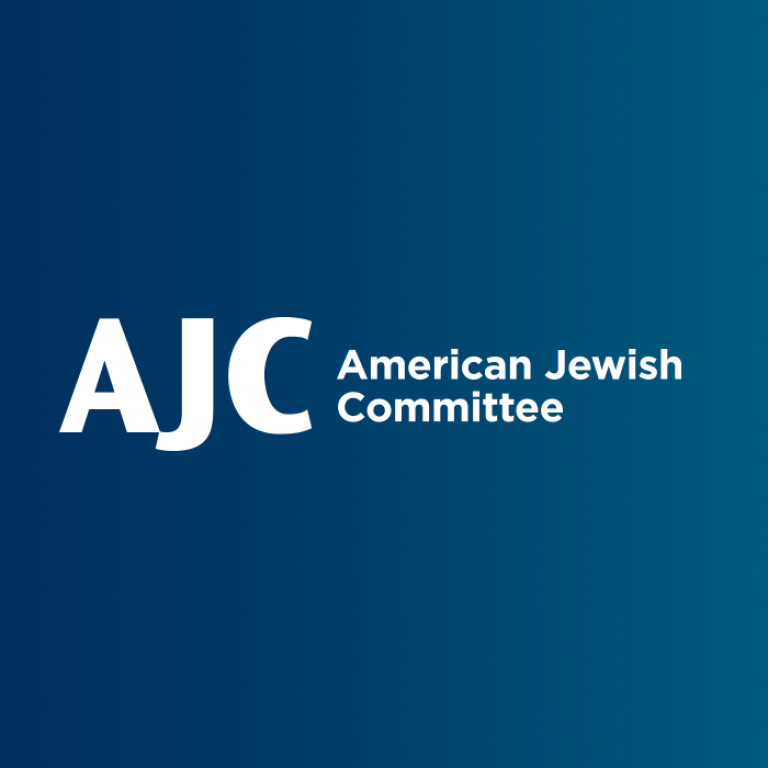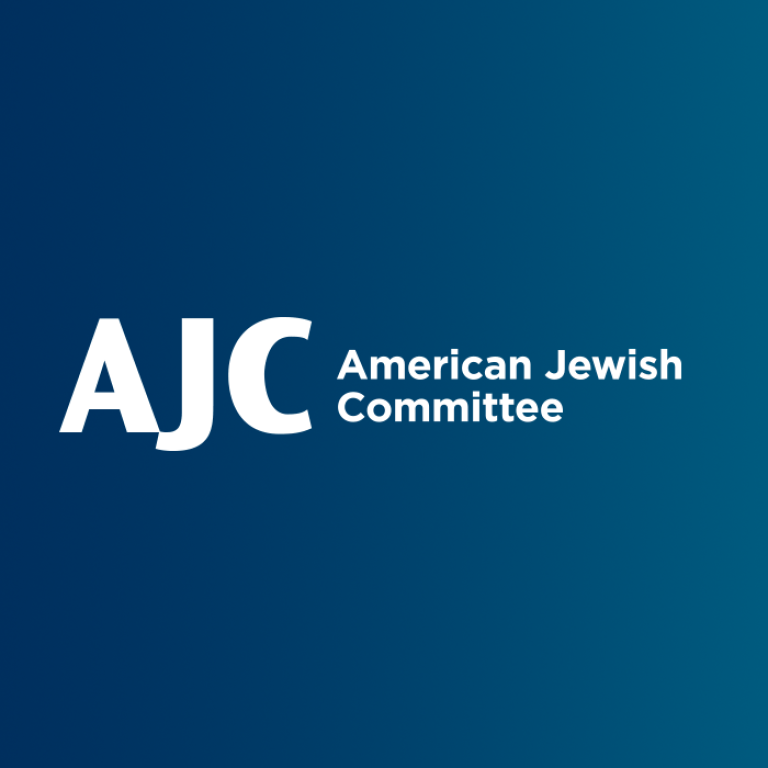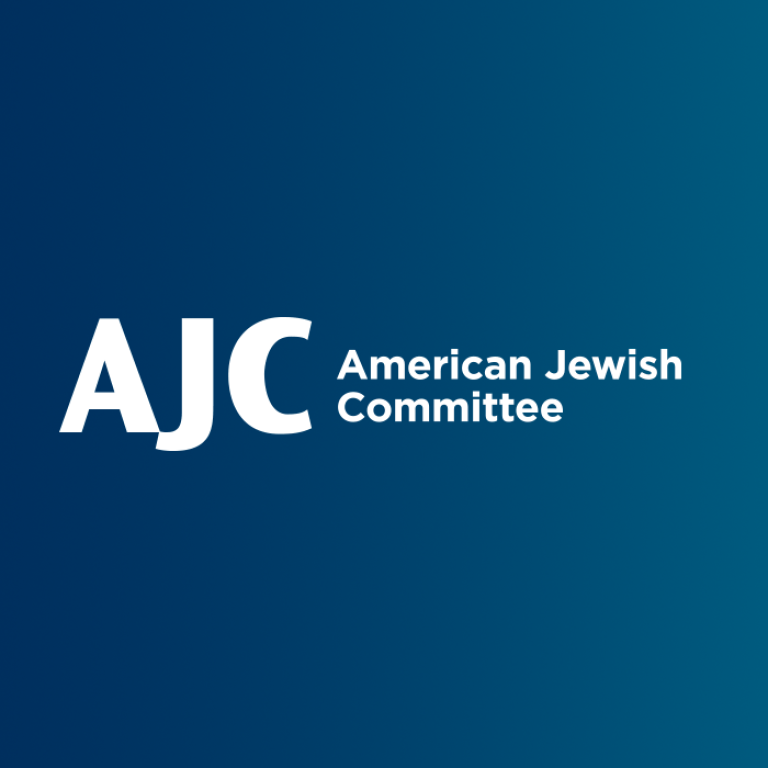November 14, 2023
When air raid sirens in the southern Israeli city of Ashdod sounded at 6:32 a.m. on Oct. 7, Yossi Landau knew the drill as a seasoned first responder.
Ashdod had been hit by Hamas rockets in the past, so getting his family to a shelter was nothing unusual.
But then he heard some urgent conversations on his radio. They were coming from Sderot, close to the border with Gaza. At first, Landau, the head of operations for the Southern Command of ZAKA, Israel’s leading rescue and recovery group, believed his colleagues there could handle the situation. It’s what they trained for.
However, Landau soon heard frantic talk about terrorists rampaging through Sderot. A voice on the radio said, “Yossi, you have to come right now.”
After telling one of his 10 children to look after the family, Landau did what he had done with ZAKA for 33 years. He went.
Saving lives is a core mission of ZAKA—95% of whose volunteers are EMTs—and they are used to doing that under the most difficult of circumstances. But they typically arrive after a terrorist attack or an accident has happened.
When Landau and a small group of EMTs reached Sderot, the fighting was still intense. They set out on foot looking for the injured, who were far outnumbered by the dead. They took 15 or so of those hurt to a makeshift field hospital, even as he came under assault by Hamas terrorists.
“I shot one that came at me with a hand grenade,” Landau told the AJC Board of Governors meeting in New York this week.
As much as ZAKA is about saving lives, it is also renowned in Israel for its solemn, sacred work to honor those who meet a sudden death and ensure a proper Jewish burial. ZAKA volunteers processed more than 670 bodies in the first week following the attack.
The ZAKA team members also collected the bodies of terrorists and gave them the same treatment as Israeli victims, even after witnessing the horrors they had perpetrated against the Israeli people.
The unfolding shock and horror was occasionally pierced by moments of solace, as when a crying baby was found in the back seat of a car. Sadly, the baby’s parents were not spared. The family was emblematic of ZAKA’s motto: “To save those who can be saved, and honor what remains.”
In this case, it was an honor Landau found himself bestowing on victims he knew, including eight Sderot police officers.
“I knew 90 percent of the police station. I worked with them on a daily basis,” he said.
Despite the devastation in Sderot, Landau and his team were needed elsewhere. They headed to the site of the Nova Music Festival, where at least 260 revelers there to enjoy an all-night party were massacred.
Landau thought he had seen all things horrible and tragic in his time with ZAKA. This was different. It wasn’t just how many died. It was how they died.
In one shelter, where 21 people had tried to escape, they were found burned to death after Hamas terrorists had thrown hand grenades inside. Bodies were found in cars that were blocked from escaping, dumpsters where people sought refuge, as well as in portable toilets. It was in the latter where rescuers found a desperate survivor—a 19-year-old girl who had submerged herself in the toilet for hours so she wouldn’t be spotted.
Landau and his team worked through the night. Each truck took only enough bodies to lay them down side by side, not piled on top of one another. They were able to process 207 bodies before the IDF told them they had to leave because of fears of another attack.
“We worked like robots,” Landau said. “We had to finish this mission.”
But they were not finished. And the worst was yet to come.
The ZAKA team moved on to Kibbutz Be’eri, just three miles from the eastern border with Gaza. Landau has spent more than more than three decades recovering bodies after terrorist attacks. But he soon realized this was a slaughter neither he nor anyone of his team—now numbering 70—could comprehend.
“It’s one of the reasons when I’m home, it’s hard for me to hug my grandchildren,” said Landau, a sad testament from a grandfather of 22.
Still overcome by emotion five weeks after witnessing the bloodshed, Landau spoke of going house to house and finding in one a mother and father with their hands tied, who had each been shot in the back of the head. On the other side of the room were two children who met a similar fate. Some of the family members were missing body parts.
That was too much for even some of the seasoned volunteers. Landau understood their grief but cut the string that tied the victims’ hands and said to his team: “Let’s make a promise. We’re not going to leave this place until we have the last one brought out to be buried and give them full respect.”
But even he reached his breaking point when he entered a home and found a woman lying face down on the floor shot in the back. When she was turned over, they saw she had been pregnant. Her stomach was cut open and her unborn child—still with the umbilical cord attached—had been stabbed in the head.
Landau said even in the lowest of moments, the dignity and humanity of those taken remain paramount. He said it was if the “bodies were talking to us and telling us a story about what happened to them.”
Following his remarks, Landau was given a $100,000 donation from AJC, which had previously provided ZAKA with funds from an emergency campaign that has raised more than $5 million.
Landau said it would be used to buy a new ambulance, one that would help those who could be saved.





